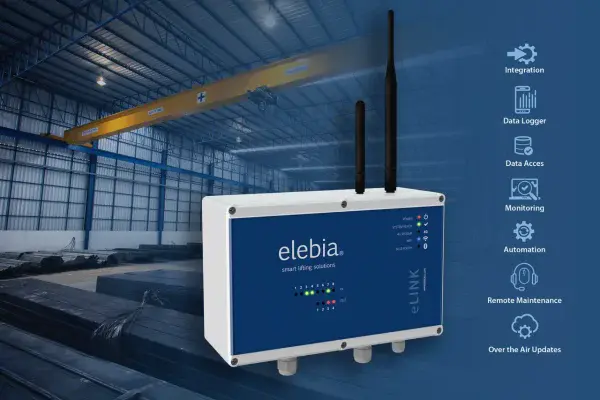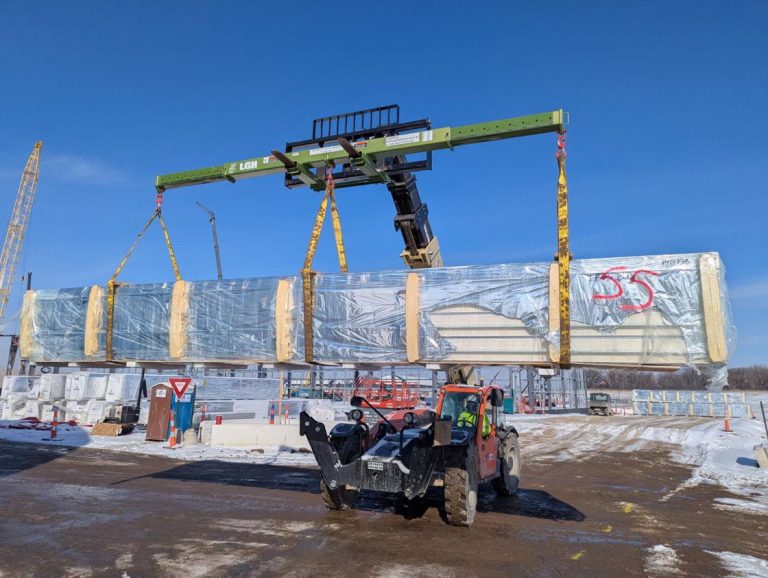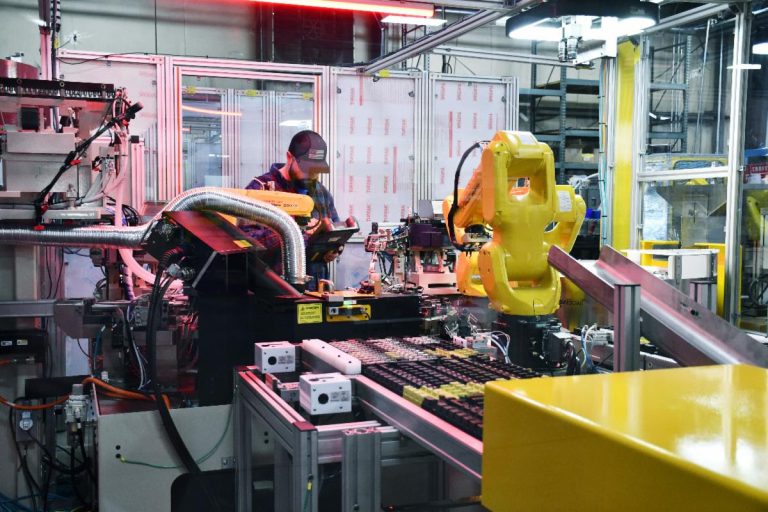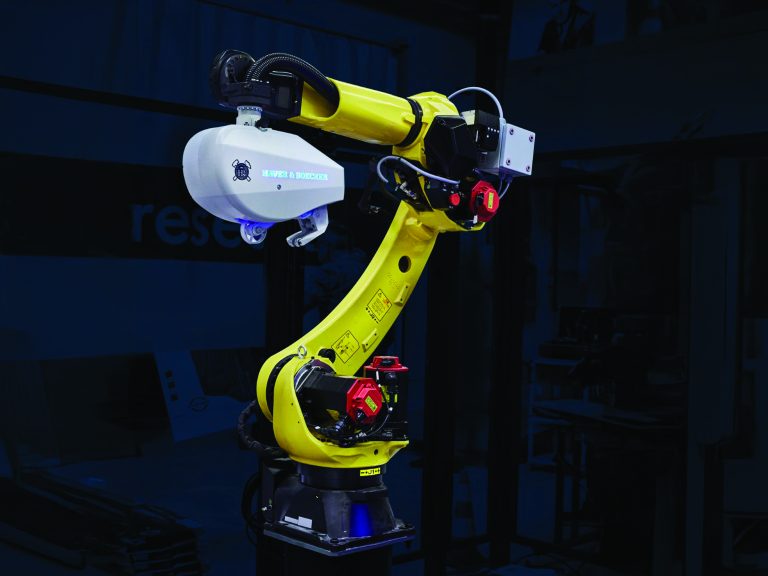Barcelona, Spain-based Elebia Autohooks has launched eLINK, a central control system for its range of automatic hooks and rigging products that can be used on mobile and smart devices.
eLINK is a plug-and-play concept that allows users to automate material handling processes, monitor hook status, conduct remote service, create reports, and oversee lifecycle management. Launched in 2006 to improve safety and productivity, the Elebia range now includes numerous hooks, lifting clamps, grabs, and shackles—all of which are compatible with eLINK.
Oscar Fillol, founder and CEO at Elebia, said: “eLINK takes an already state-of-the-art lifting portfolio one step further, facilitating hook control, automation, adjustment of working parameters, integration with cranes and other devices. In short, Elebia products are now Industry 4.0 ready.”
The Elebia range includes seven evo automatic hooks (evo2, evo2L, evo5, evo10c, evo10, evo20, evo25); five neo automatic hooks (neo20, neo20s, neo50, neo60, neo100); two automatic lifting clamps for steel plates (c5, c6); an automatic grab for rails (eTrack2); and an automatic shackle (s40).
eLINK comes with four relay outputs, eight inputs, WiFi, Bluetooth, and Ethernet, while 4G and CANbus are optional. It includes its own software and, with over-the-air updates, can work offline (as a hotspot) or as a cloud-based solution. eLINK communicates with up to eight Elebia products simultaneously via radio. When set up to work online, it retains a copy of the database locally, and the user can keep on working in case of loss of connectivity.
Remote hook control
Fillol said: “There are multiple scenarios where controlling hooks via a web-based system is advantageous. For example, you can control all hooks with the same remote control of the crane. Or blocking the lifting action with the ‘safe lift’ function, which does not allow the load to be lifted if the hooks are not all closed. Another common situation where eLINK is very useful is in the case of alarm settings: either when a load is unbalanced or when there is an overload.”
Previously, Elebia products have been operated using the company’s remote controls—eMini, eMax, eInst—but eLINK complements these systems so a customer could be using the eMini to send the open/close instructions, while the eLINK is used to log the data, avoiding unsafe lifts, and trigger alarms, etc.
“However, the aim of the eLINK is not to eliminate the user; it is to assist them and make everything easier and safer,” Fillol added. “The user must see the lifting operation. eLINK allows automation and safer lifts, but the user is still needed. The next step is adding cameras and expanding [beyond eight] the number of products that can be connected at the same time.”
eLINK, which is installed in the crane panel, also features user and password login; different profiles/access levels; central data acquisition and control systems; and communication with the user through a web application interface.











